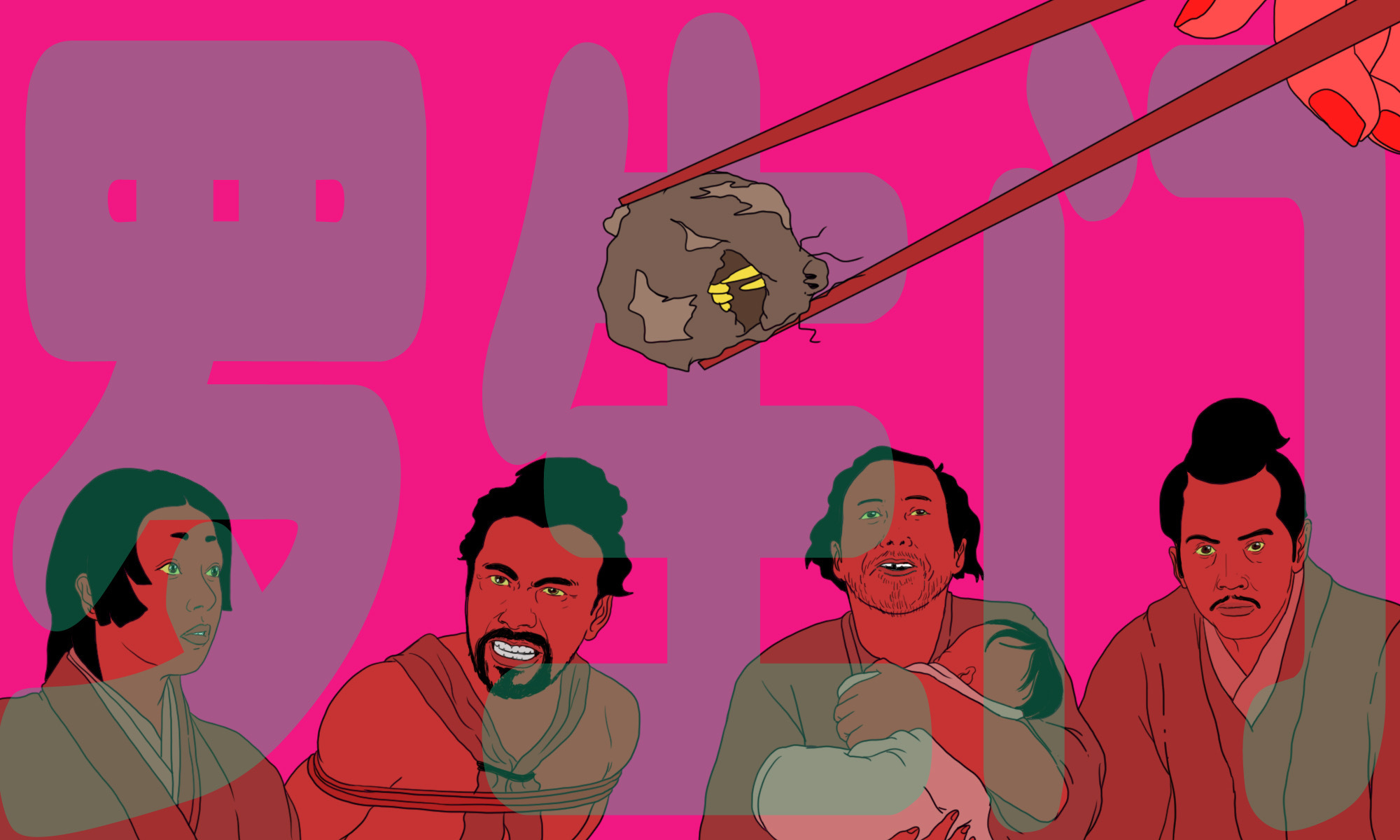‘A Rashomon affair’ — Phrase of the Week
A food safety scandal shows the truth is important but elusive.

Our Phrase of the Week is: A Rashomon affair (罗生门 luō shēng mén).
The context
On June 1, a student at the Jiangxi Industry Polytechnic College in the city of Nanchang found what looked like a rat head in his lunch while eating in the college canteen.
He complained to the catering staff, who insisted that it was actually a duck neck (鸭脖 yābó) and not a rat head (鼠头 shǔtóu):
That piece of meat clearly has hair and teeth, but the lady working in the cafeteria repeatedly said: “This is duck meat, duck meat.”
那块肉分明有毛有牙齿,但食堂阿姨却反复说:“这是鸭肉,鸭肉”。
Nà kuài ròu fēnmíng yǒu máo yǒu yáchǐ, dàn shítáng āyí què fǎnfù shuō: “Zhè shì yā ròu, yā ròu.”
So the student decided to post a short video of the mysterious meal on social media, asking: Is it a duck neck or a rat head?
The resounding response: A rat head, with teeth and hair included.
On June 3, the school waded in, debunking the student’s claims:
The school issued a notice, reconfirming that the “foreign object” is a duck neck, which is normal food.
学校发了通报,再次确认“异物”为鸭脖,为正常食物。
Xuéxiào fāle tōngbào, zàicì quèrèn “yìwù” wéi yābó, wéi zhèngcháng shíwù.
On the same day, the student made an apology by video, confirming it was a duck neck after all:
I published a video and posted it on the internet, and found that it was not a rat head but a duck neck, so I would like to clarify.
我当时拍了一个视频发到了网上,发现不是老鼠头而是鸭脖,特意出来澄清一下。
Wǒ dāngshí pāile yígè shìpín fādàole wǎngshàng, fāxiàn búshì lǎoshǔtóu érshì yābó, tèyì chūlái chéngqīng yíxià.
But even when the school, the caterer, the local government, and the student sought to change the narrative, that didn’t stop the online discussions about how it really does look like a rat head.
Creative internet users invented a new pun, drawing from an old idiom we have explored before in this column:
In ancient times, a deer was called a horse, and today, a rat is called a duck.
古有指鹿为马,今有指鼠为鸭。
Gǔ yǒu zhǐlùwéimǎ, jīn yǒu zhǐshǔwéiyā.
The new idiom is likely to become widely used, meaning something like: “The government is distorting the facts even though the opposite is clearly true.”
But that’s not our Phrase of the Week.
That phrase comes from Shanghai-based news outlet The Paper, which published an article on June 5 asking the question:
A rat head or a duck neck? How did all this become a Rashomon affair?
鼠头还是鸭脖,怎么就成了罗生门?
Shǔtóu háishì yābó, zěnme jiù chéngle luō shēng mén?
What it means
Rashomon affair is a three-character phrase that is commonly used in the Chinese media, often linked to consumer scandals.
The phrase originates from Japanese and is pronounced ra – shō – mon.
Rashomon is a cult Japanese film made in 1950. The movie’s plot revolves around different characters giving subjective, self-serving, and contradictory versions of events. It was the first Japanese film to gain international acclaim, including in China.
Nowadays, an incident is referred to as “Rashomon” in Chinese when different people have conflicting versions of the truth about the same event, like a consumer scandal where a brand is accused of foul play or poor quality, but is unwilling to admit wrongdoing.
In the case of the “pointing at a rat and calling it a duck” incident, the student and many internet users see a rat, but the school and local government say otherwise.
Eventually, the student decided to agree with the official line, probably because his diploma is more important to him than creating an online scandal.
The translation of this phrase can be “Rashomon affair,” or put more simply, “A situation where one or more sides refuse to admit the truth.”






